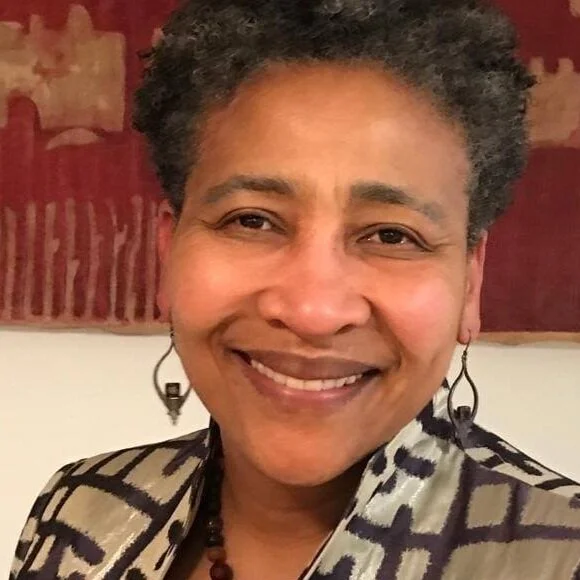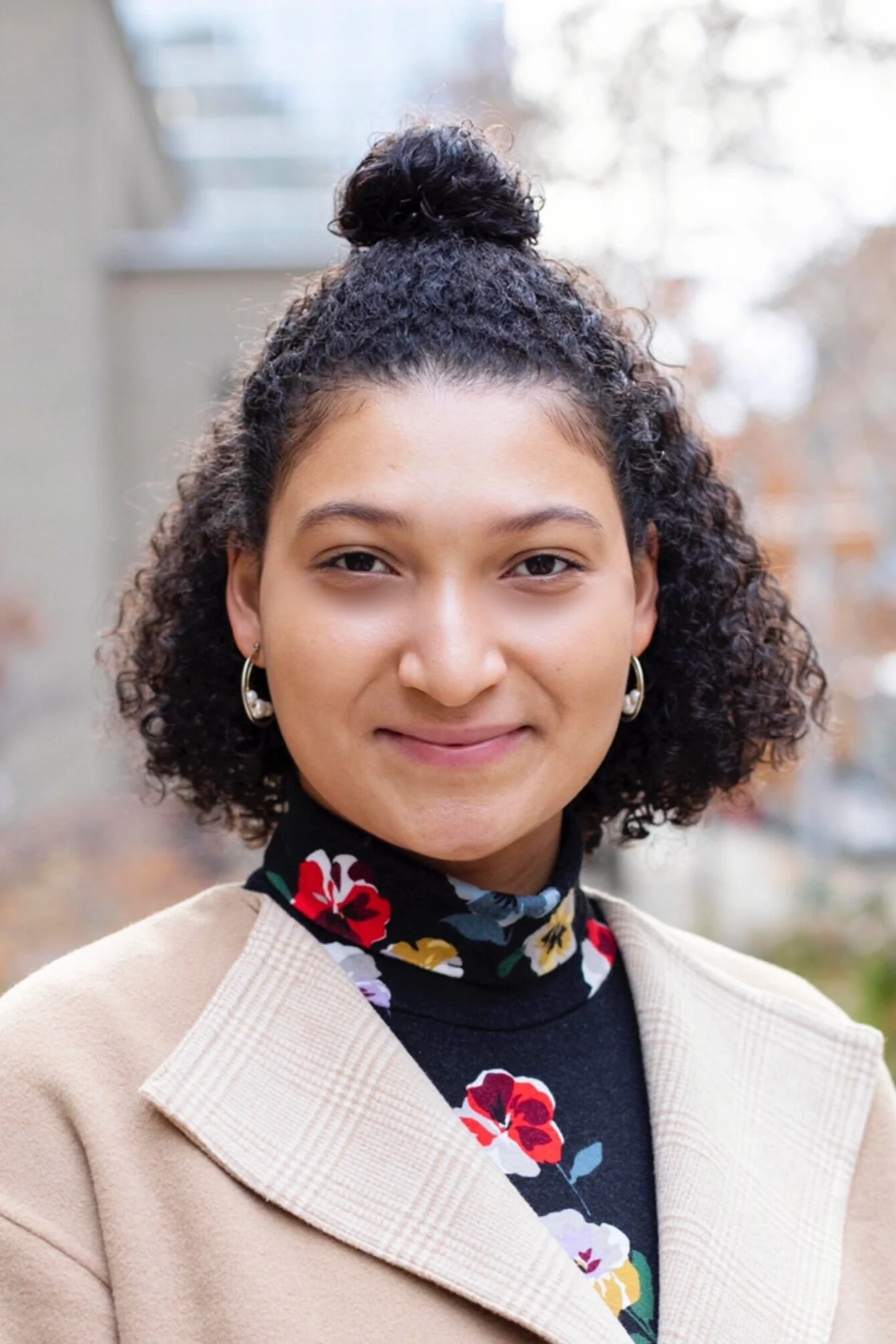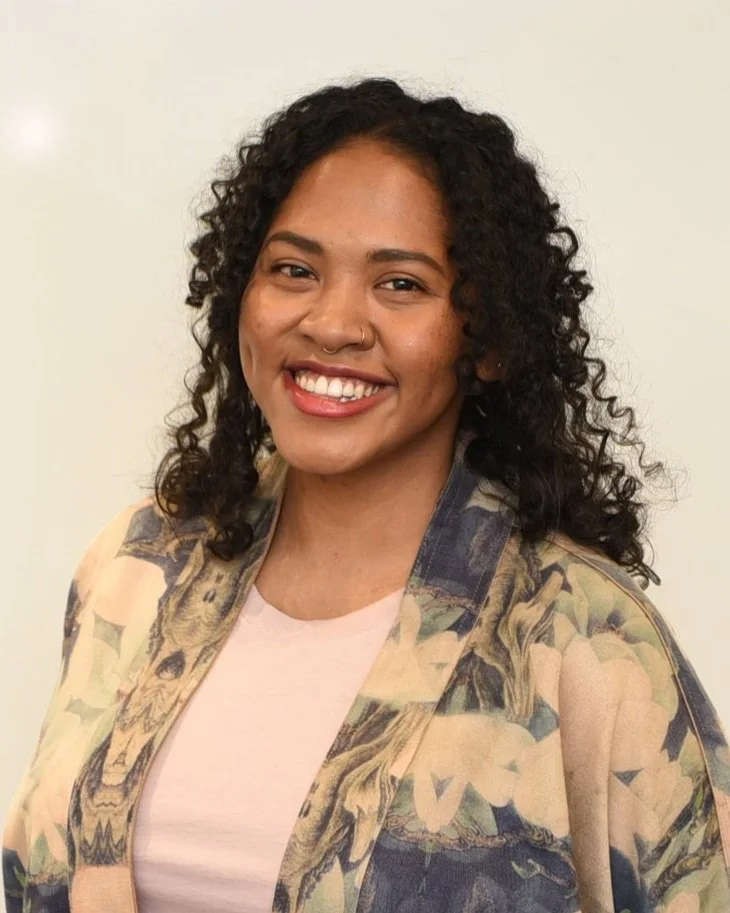Yola Grant is recipient of 2020 Randall Echlin Memorial Award
April 5, 2021
Told by her White high school teacher in Jamaica that pursuing a legal career would be a waste of a good mind, Yola Grant could easily have been discouraged from following her dream.
Not so.
Grant completed the Bachelor of Science in Mathematics & Physics Specialist program and a Master of Science in Physical Chemistry at the University of Toronto before enrolling in law school at age 24.
Called to the Bar in 1989, the highly skilled and experienced arbitrator, mediator and workplace matters investigator was the 2020 recipient of the Ontario Bar Association’s (OBA) Randall Echlin Memorial Award that recognizes mentorship and significant contributions to law and community.
Vivene Salmon, who two years ago made legal history as the first Black person, racialized lawyer and female in-house counsel to lead the Canadian Bar Association (CBA), nominated Grant for the honour bearing the name of the late Superior Court Judge who passed away 10 years ago.
The OBA Labour & Employment Law Section established the award in 2013.
“In addition to Yola’s important work as an employment lawyer, she makes time to lift up and give back,” said Salmon. “She has made her mentorship mark on behalf of many lawyers affiliated with the Canadian Association of Black Lawyers and the Black Female Lawyers Network. As one of her mentees, I can attest that through her acts of mentorship, generosity of time and advice, she has instilled the importance of aiming for legal excellence, supporting and advancing the interests of diversity in the legal profession and fostering a spirit of exemplary duty and responsibility.”
Yola Grant (r), Lance Talbot (l), Patricia DeGuire & retired judge Hugh Fraser were panellists at the Canadian Association of Black Lawyers (CABL) forum in February 2011 to celebrate Black History Month (Photo by Ron Fanfair)
At the virtual awards ceremony on February 24, former Human Rights Tribunal of Ontario (HRTO) Vice-Chair Mark Hart said Grant is a fitting recipient of the award dedicated to the memory, work and service of Echlin and his positive impact on labor and employment law & policy.
“In my view, this award was tailor-made to recognize the significant contributions she has made to the Bar and to the broader communities throughout her career,” he said. “What really sets Yola apart and makes her so richly deserving of this award is the leadership she has shown in the profession through her mentorship. She has been incredibly generous with her time and in her mentorship of so many junior members of the Bar and, particularly, young racialized women lawyers in the Employment & Labour Bar. At OBA and Law Society events, conferences and other gatherings, I would often see her as she would be at the centre of racialized groups seeking her advice and counsel. She was always gracious in giving of her time, making arrangements to meet with these young lawyers to discuss the issues they were having and to provide advice.”
Hart spoke of his admiration for Grant who he first met when she was at the Human Rights Board of Inquiry in the mid-1990s.
“During the time that we have known each other, we have managed to get into all sorts of trouble together with our activism, including being two of the leading members of the notorious Breakfast Club that was a loose collection of human rights lawyers that, during its existence, was the bane of the Ontario Human Rights Commission’s existence as we sought to hold them accountable for their misdeeds,” he said. “We also worked together on advocating for the reforms of the human rights system that ultimately led to the complete overhaul of that system and the introduction of direct tribunal access in 2008.”
Yola Grant (c), Dianne Carter (l) & Shamaine Hall were celebrated in December 2017 at an event to mark International Human Rights Day (Photo by Ron Fanfair)
Grant was the HRTO Associate Chair for five years up until April 2018.
“In that role, Yola committed herself to significant outreach and recruiting efforts to attract and retain a complement of diverse Vice-Chairs,” added Hart. “Prior to her tenure, there were few, if any, Black, Brown or Indigenous Vice-Chairs and members of the Tribunal which was a stark and notable gap that she dedicated herself to rectify.”
Esi Codjoe, a former HRTO Vice-Chair who was named one of Canadian Lawyer Magazine’s Top 25 lawyers in 2018, is one of Grant’s successful mentees.
“When I was in law school, I made a bee line for Yola at a Black Law Students Association conference,” Codjoe, who made the award presentation, recounted. “Yola and Kim Bernhardt were speaking on a panel and I thought they are great and they are practicing in the area that I am going into. At the end of their remarks, I approached them and tried to find out more about them and opportunities for mentorship. My experience connecting with Yola over the years has been wonderful on many levels. She has this wonderful ability to be very straightforward and direct. She gives you great advice in a way that’s encouraging and calls you out to be the better version of yourself.”
Completing her law degree in 1987 and being called to the Bar two years later, Grant started a solo practice restricted to labour and human rights law and charter litigation and held a number of policy and legal positions in the public sector, including labour policy analyst, occupational health and safety prosecutor and counsel to the Pay Equity Tribunal and the Human Rights Board of Inquiry.
She started her private practice in 1998 with the benefit of a book, ’For Better or for Worse: A Practical Guide to Canadian Employment Law’, that Echlin co-authored.
“That was one of my first possessions,” said Grant who was a System Engineer with IBM in the early 1980s. “I didn’t have his counsel, but I had the benefit of this book that was written with a sense of humour, yet it dealt with the law in a very digestible fashion.”
A large portion of Echlin’s practice involved advising employers and employees, conducting wrongful dismissal actions, formulating and negotiating severance agreements, conducting and participating in alternative dispute resolution mediations and arbitrations, dealing with sexual harassment complaints and preparing employment contracts.
“His work spoke directly to me because that’s the reason I went to law school,” Grant, a member of the province’s anti-apartheid movement who returned to private practice last year, said. “I wanted to be part of righting the balance and not merely being part of a system where might was favoured.”
Yola Grant (l), Kim Bernhardt, Arlene Henry & Margarett Best were the recipients of Canadian Association of Black Lawyers (CABL) awards in October 2012 (Photo by Ron Fanfair)
She represented various equity-seeking organizations in appellate charter litigation, including the Legal Education and Action Fund (LEAF), the Coalition of Visible Minority Women (Ontario) Inc. and the African Canadian Legal Clinic.
Grant’s most notable contributions to cases before the Supreme Court of Canada is R.D.S., the leading case on judicial bias, and ‘Seaboyer and Gayme’, where her academic publication in defence of the ‘rape shield’ was cited by the court in a decision that held that the restrictions on inquiries into an assault survivor’s past sexual history were constitutional.









